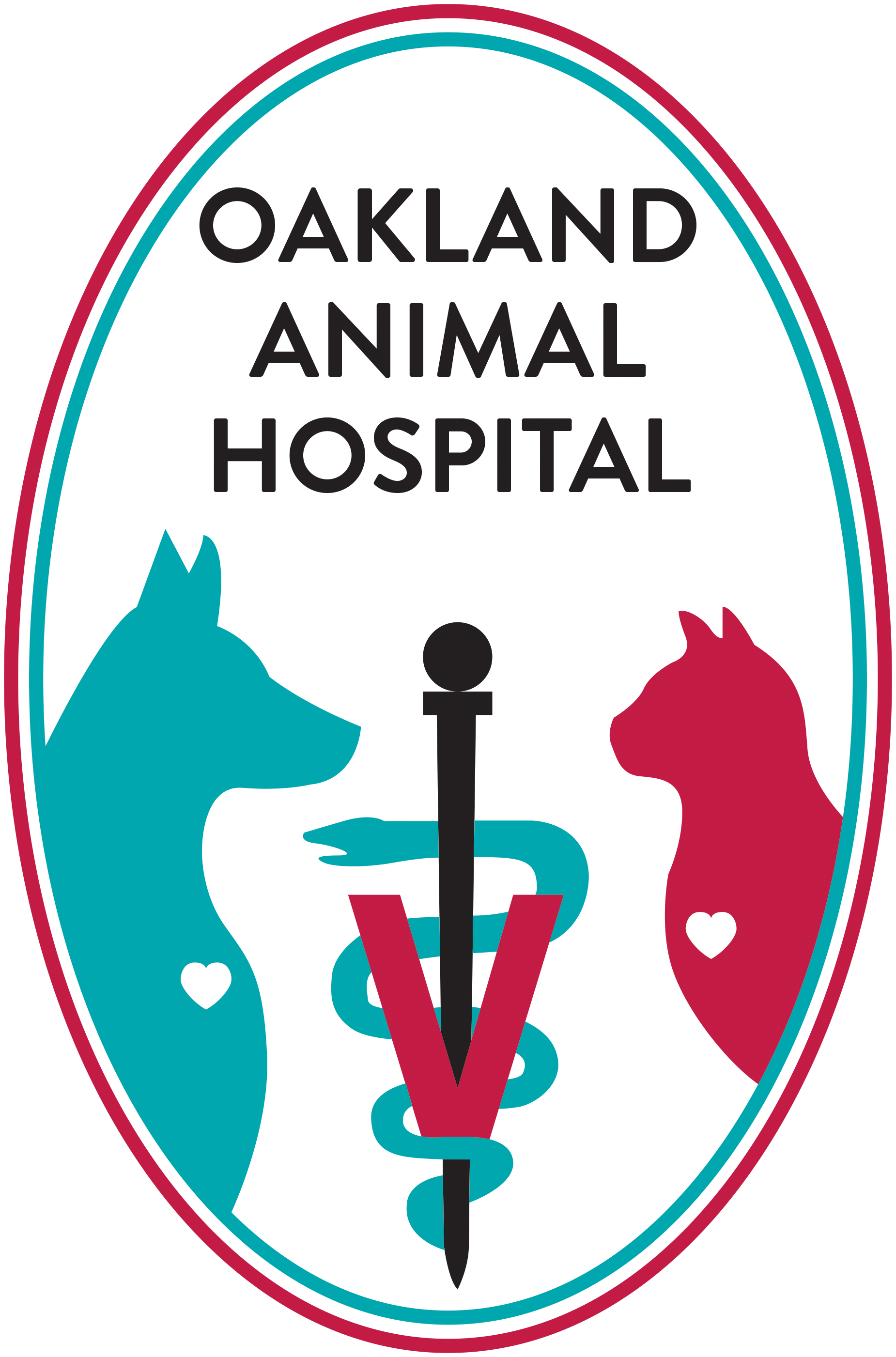Common Soft Tissue Surgeries in Pets
Numerous surgeries are performed on pets, ranging from routine elective procedures like spaying or neutering to operations that save their lives. General practice hospitals frequently carry out soft tissue surgeries as well as some orthopedic procedures. However, some soft tissue surgeries are difficult operations that can only be done in specialized veterinary hospitals. These five procedures are the most frequently performed soft tissue surgeries in general veterinary practices.
#1: Spay and neuter surgeries
The most frequent surgeries carried out in general veterinary practices—often daily—are spays and neuters. In order to significantly reduce or completely eliminate the possibility of many pet health and behavior issues, these two surgeries remove reproductive organs.
#2: Foreign body removal surgery
Due to how frequently cats and dogs eat items that get stuck in their digestive tracts, many items have been found there. Foreign objects that are frequently removed from pets include:
- Clothing, especially socks
- Bones
- Corn cobs
- Rubber and plastic toys
- Hair bands
- Thread
Dogs are pickier about what they put in their mouths, but cats are frequently fascinated by objects that resemble string, creating a linear foreign body that can be particularly dangerous because the intestines become tangled and the string can saw through them.
#3: Mass removal surgery
Numerous benign or cancerous masses can develop in pets. A lump or bump may spread quickly, develop an ulcer, or appear where it is difficult to move, breathe, or eat. Masses may be expelled from the skin or from the abdomen, mouth, or ears.
#4: Bladder stone removal surgery
Bladder stones in pets occur relatively commonly, largely because of urinary tract disease, improper diet, inadequate hydration, or genetics. Stones of a certain composition can be dissolved with a prescription diet, but others need surgical removal and thorough bladder flushing to prevent a urinary blockage.
#5: Brachycephalic obstructive airway syndrome repair surgery
Brachycephalic obstructive airway syndrome (BOAS) repair surgeries are increasing in frequency as brachycephalic breeds like pugs, English bulldogs, and French bulldogs gain popularity. For easier breathing, flat-faced animals may require surgery to widen their nostrils, shorten their soft palate, or remove laryngeal saccules.

